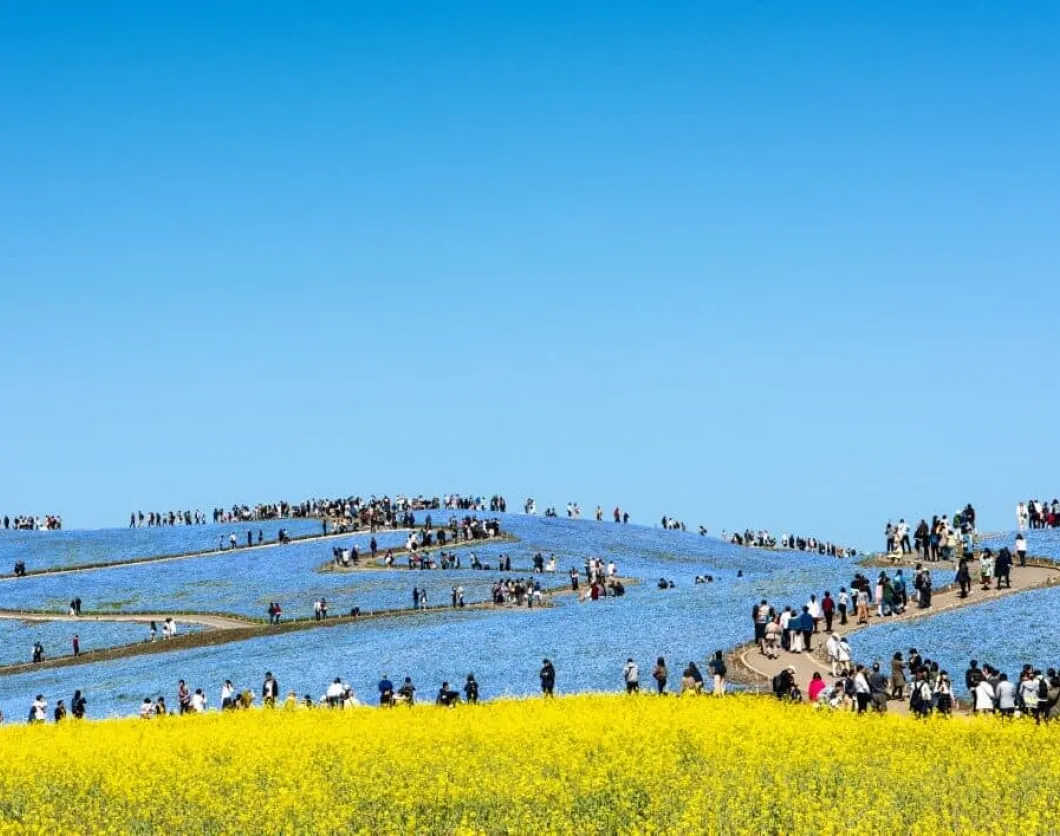
New measures to address overtourism are designed to lessen the significant impact of tourism in popular tourist destinations like Japan and Mykonos. In Santorini, consideration is being given to limiting the number of cruise ships to reduce congestion on its Aegean shores and safeguard its authentic charm.
Overtourism Measures: Japan and Venice Have Opted for Taxation
Implementing overtourism measures could help tourist destinations like Santorini regain tranquility and preserve their fragile environment in the face of many visitors. For example, Venice has introduced an entrance fee for day tourists and imposed strict visitor quotas to protect its historical sites from the impact of mass tourism. These measures have proven effective in regulating visitor numbers and reducing pressure on local infrastructure. Japan has also restricted visits to Mount Fuji to address similar issues, positively impacting the environment.
Mykonos, Formentera, and Santorini Have Chosen Restriction
In addition to Japan and other locations, destinations like Ibiza and Mallorca have implemented measures to address overtourism, including restrictions on alcohol consumption in public areas. These measures are intended to enhance the well-being of residents and address the challenges brought about by mass tourism. For instance, in Formentera, part of the Balearic Islands, limitations have been placed on the number of vehicles allowed to ease road congestion during peak tourist seasons. These actions have had a positive impact on the island's delicate environment. Such overtourism measures are crucial for preserving the island's natural beauty and improving the tourist experience.
Spain and the Netherlands: Strengthening the Tourist Accommodation Policy
Amsterdam and Barcelona have recently implemented measures to address overtourism, focusing on the well-being of their citizens and the environment. They have tightened their policies on short-term rentals and tourist accommodations, aiming to control platforms like Airbnb's rapid growth and ensure access to housing for residents. These measures are essential to balance tourism with the quality of life in major European capitals such as Venice. Consequently, destinations worldwide are increasingly taking action to manage tourist flows sustainably and protect their cultural and environmental identities.













